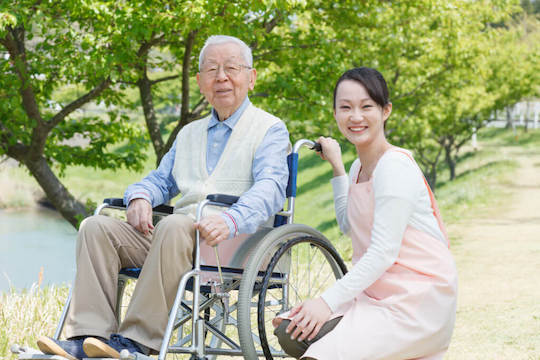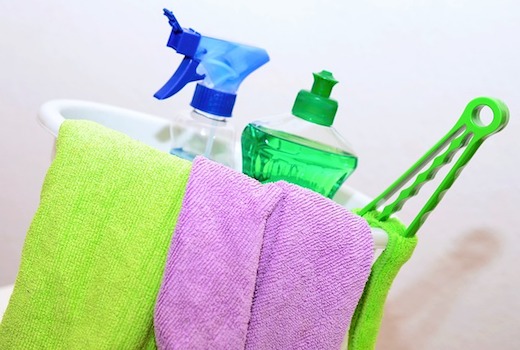
With more and more people preferring to age in their own homes, and not seek out professional home care centres, the demand for at- home caregivers is steadily rising. Caregivers have a difficult and challenging job. However, it is always immensely rewarding. As no two clients are the same, no two helpers can ever apply the same techniques. However, there are a few common yet important duties all caregivers should conduct with a degree of care. Get the right caregivers certificate is a must and an important step before to assist people.
1. Helping with hygiene and personal issues
Daily tasks relating to hygiene and personal care are very intimate and delicate. After a point, elders cannot manage this task alone. It is up to the caregivers to make their patients feel comfortable enough in order to help them with these tasks. Such duties include bathing your patient, combing their hair, cleaning up after they go to the toilet, and cleaning up your patient if they have been sick.
2. Meal planning and adequate nutrition intake

The caregiver should ensure that their patients get the most nutrition possible. As a person ages, their appetite for food decreases. Simply feeding your patient three meals a day is not enough. You should consult with a nutritionist to determine what foods they should have daily, especially to avoid triggering their diseases, if any.
3. Helping patients with mobility issues
Caregivers should learn to handle their patients who are not fully mobile, and who are struggling to perform everyday tasks. These patients need care both in and out of the house, and the caregiver should know how to maximise their support. From transferring them to and from a wheelchair to helping them clean up themselves in an efficient manner, caregivers should be able to tackle any issue their patient has.
4. Caregivers must provide company to their patients
As people get older, life tends to become lonelier. Children get busy with their work, and no one has time for you anymore. However, as a caregiver, it becomes your job to provide the affection and support that your patients crave for. Whether it be through playing a game of chess with them, reading a book, or simply talking about the days past, as a caregiver, you automatically become a companion for your patients.
5. Proper management of healthcare
As a caregiver, it becomes your job to provide medicines for your patient. As medicines fall into the category of healthcare and hygiene, you should be the one providing them with medicines as well. Monitoring their health closely and keeping track of what medicine you should dose them with, all falls in your lap. Your patient is fully reliant on you, so it is your job to keep up the trust.
6. Managing and caring for the patient’s home

If the patient does not live with their children, they must surely not be able to manage the house anymore. As a caregiver, this responsibility falls on you. To know how to go about this affair in an efficient and controlled way, consult with both the patient and their family members, in order to determine how to fit all of the patient’s requirements in a fixed budget.
7. Ensuring that medical statements are accurate
Keeping in line with the household budget, the caregiver should also ensure that the medical expenses are not being taken advantage of. Oftentimes, doctors may overcharge a patient, bill them for expenses they did not incur, or add additional fees and charges. It becomes your job to see that all expenses and reports are correct. Furthermore, you should also be on the lookout with regards to the danger signs of your patient’s health. If anything seems out of the ordinary or suspicious to you, be sure to report it to a medical professional or a trusted family member immediately.
8. Financial accountability
As a caregiver, you become the sole trustee of all your patient’s assets. From their bank account password to the key of their safe, everything is in your hands. However, with such power, comes immense responsibility. It is your job to ensure that your patient’s affairs are in order, with each and every penny being successfully accounted for. Your patient’s finances become your duty. If anything goes awry in this regard, the entire blame will surely fall on you. Thus, you should ensure that this aspect of your job is always secure. Surely, the job of a caregiver is immensely stressful, and requires a lot of energy. However, you form a bond with your patients which is unlike any other, and if done right, will surely last for a long time.


